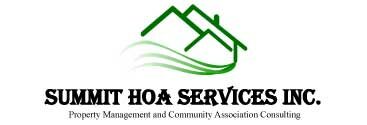According to the National Consumer Law Center’s (NCLC) Guide to Surviving Debt, “Condo fees…should be considered a high priority.” In fact, NCLC considers community association assessments in the same category as mortgage payments and real estate taxes - a category ranked second only to feeding your family, according to the Guide’s “Sixteen Rules about Which Debts to Pay First.”
A common community cannot function, let alone survive at all, without the “pooling of the members’ resources” to maintain the common infrastructure. These combined resources emerge as a financial obligation of each owner in the form of assessments, and are collected according to the requirements of the association’s governing documents, which typically cover the following:
- Mandatory nature of assessments
- Authority to collect assessments
- Purpose or use of assessments
- Basis for calculating assessments
- Reasons for levying fines, fees, etc.
- Payment procedures
- Collection procedures for delinquent payments
Assessments essentially fund the annual budget, paying for services like building maintenance, snow removal, cleaning, common utilities and insurance – services that you would pay no matter where you lived, either as direct out-of-pocket expenses or indirectly in a higher rent payment. But the association has collective buying power, so when all services and utilities for everyone in the community are passed along to you as a monthly assessment, you’re actually getting a bargain! If you delay your payment, and your neighbor delays his payment, the association may have difficulty in paying its bills – any such default by the association may jeopardize essential services and possibly place the entire community in financial peril.
So, next time you get out your checkbook, remember to put your assessment near the top of that stack of bills. You’ll be glad you did.
